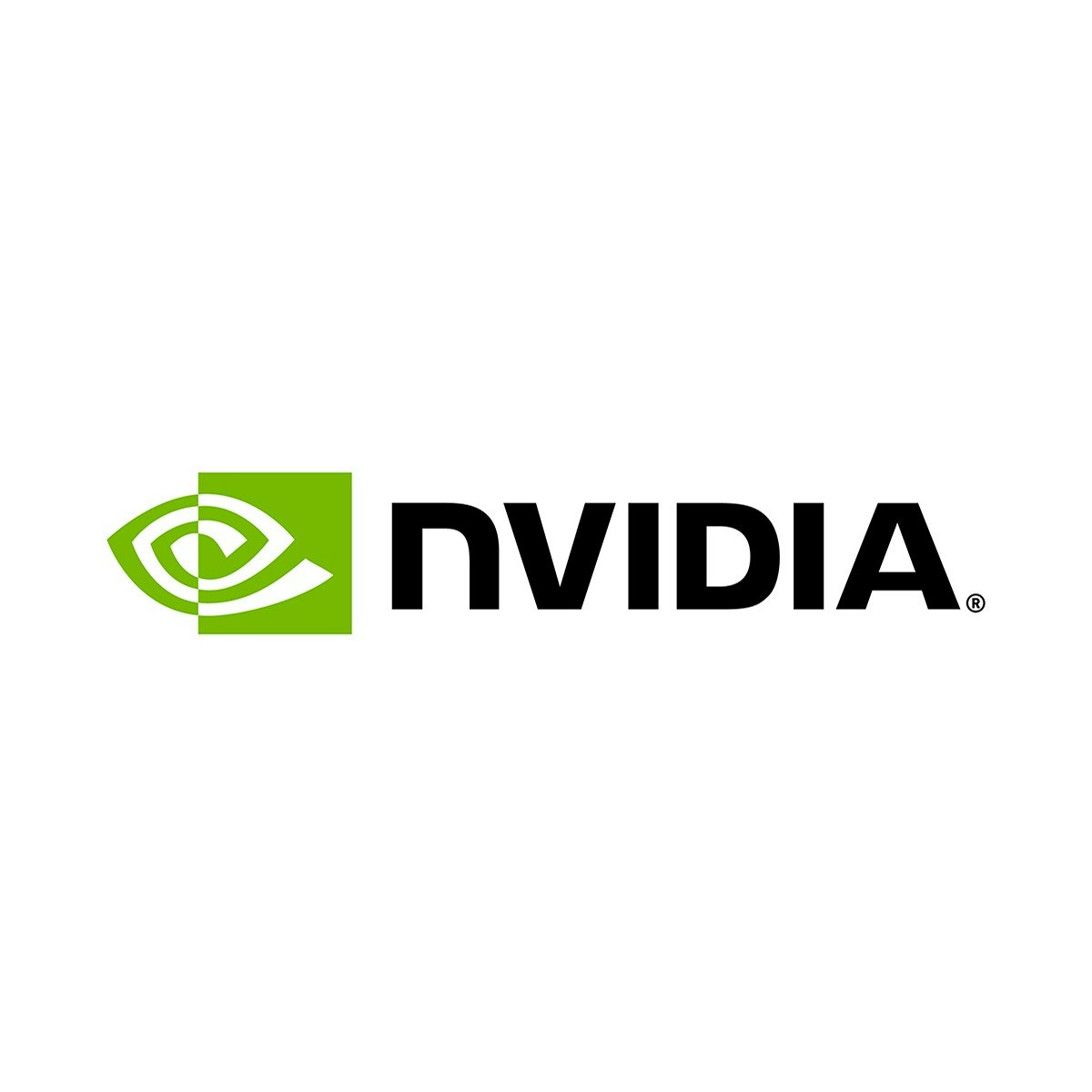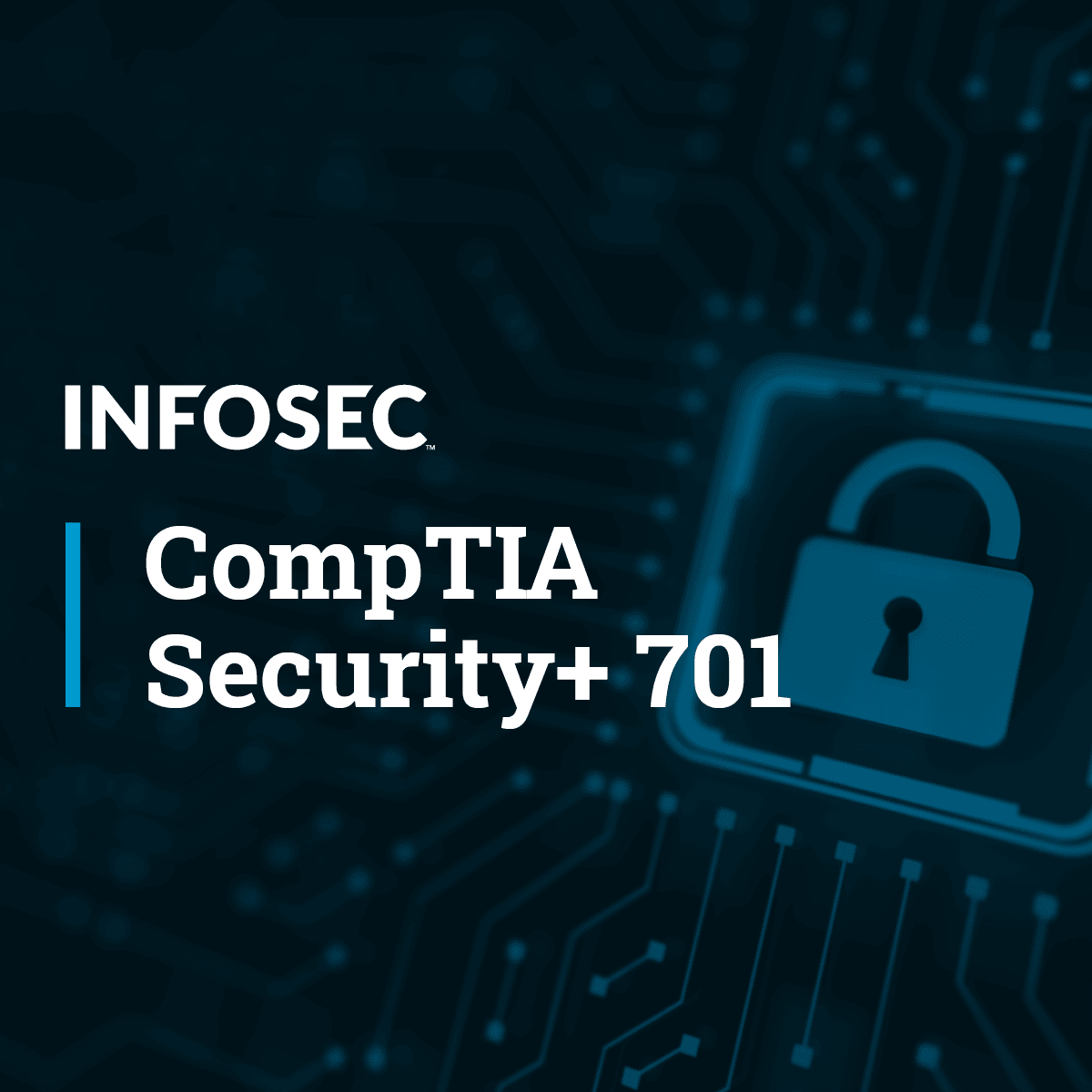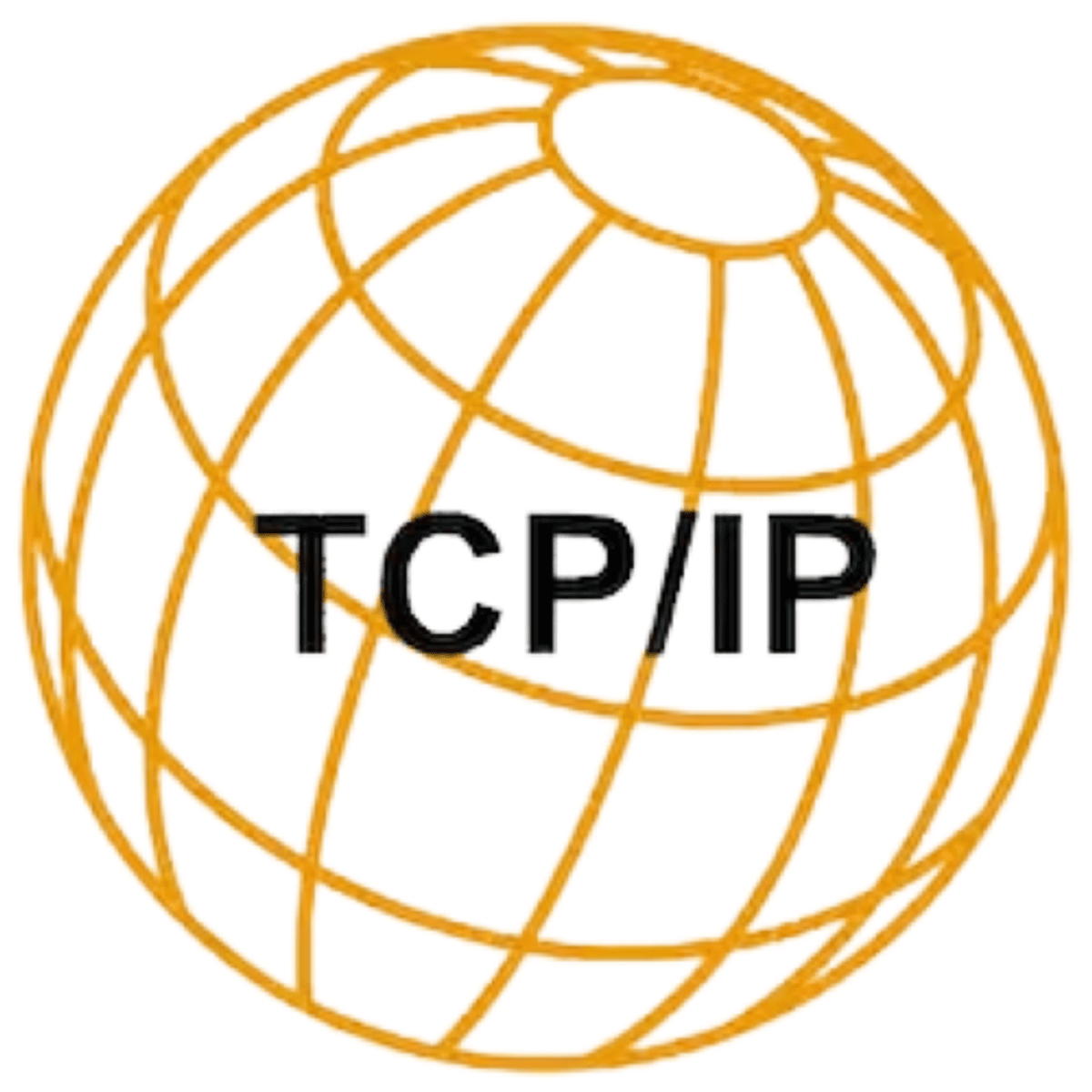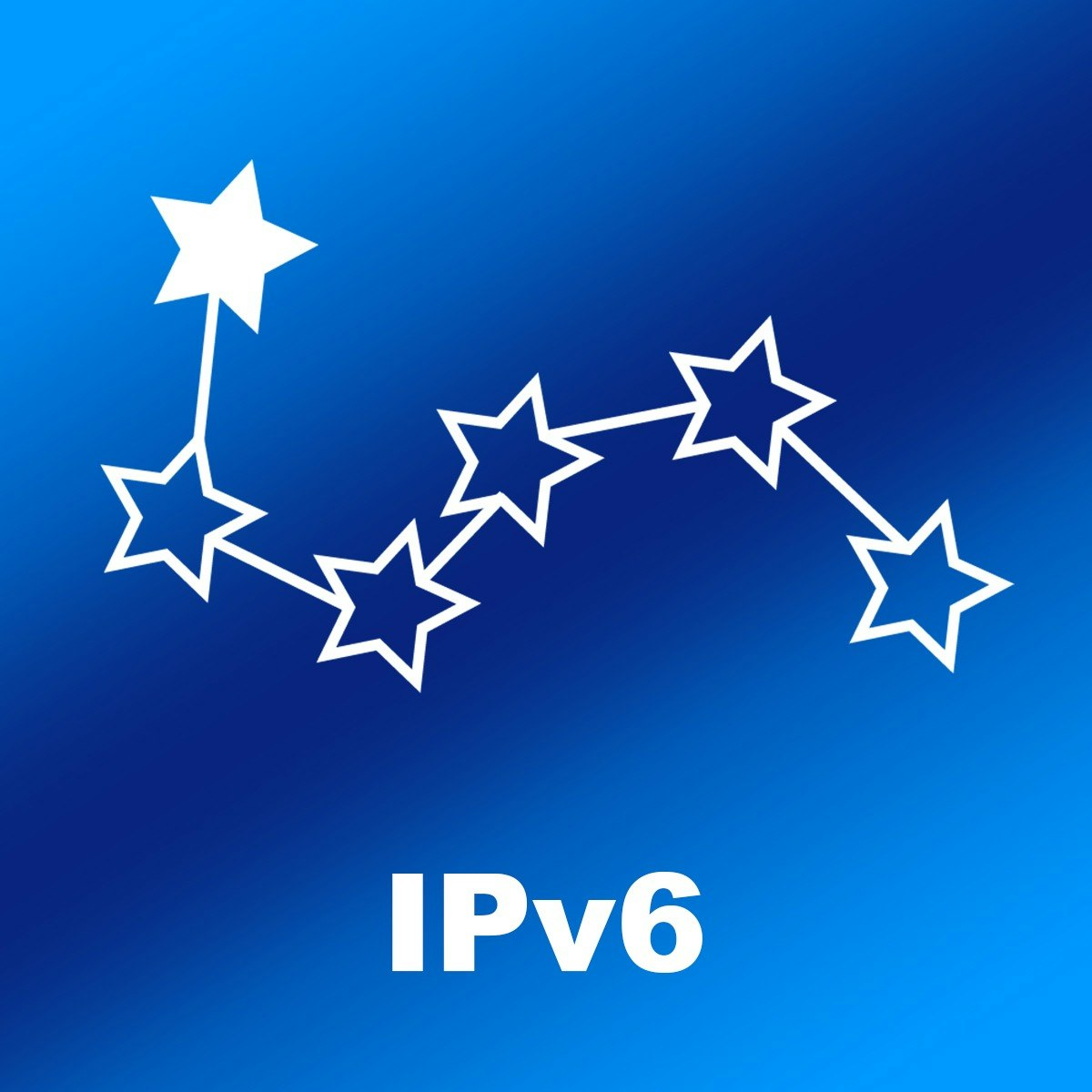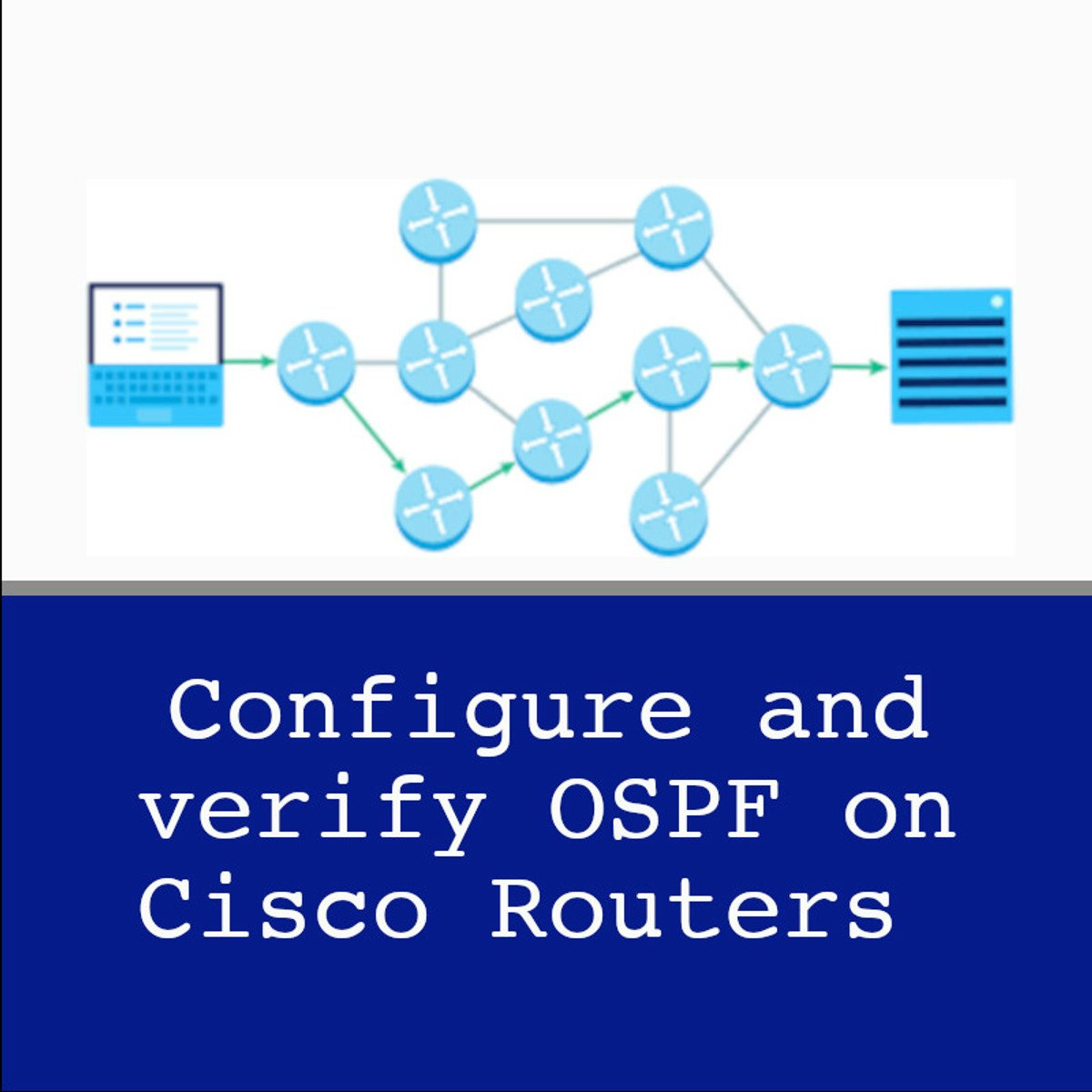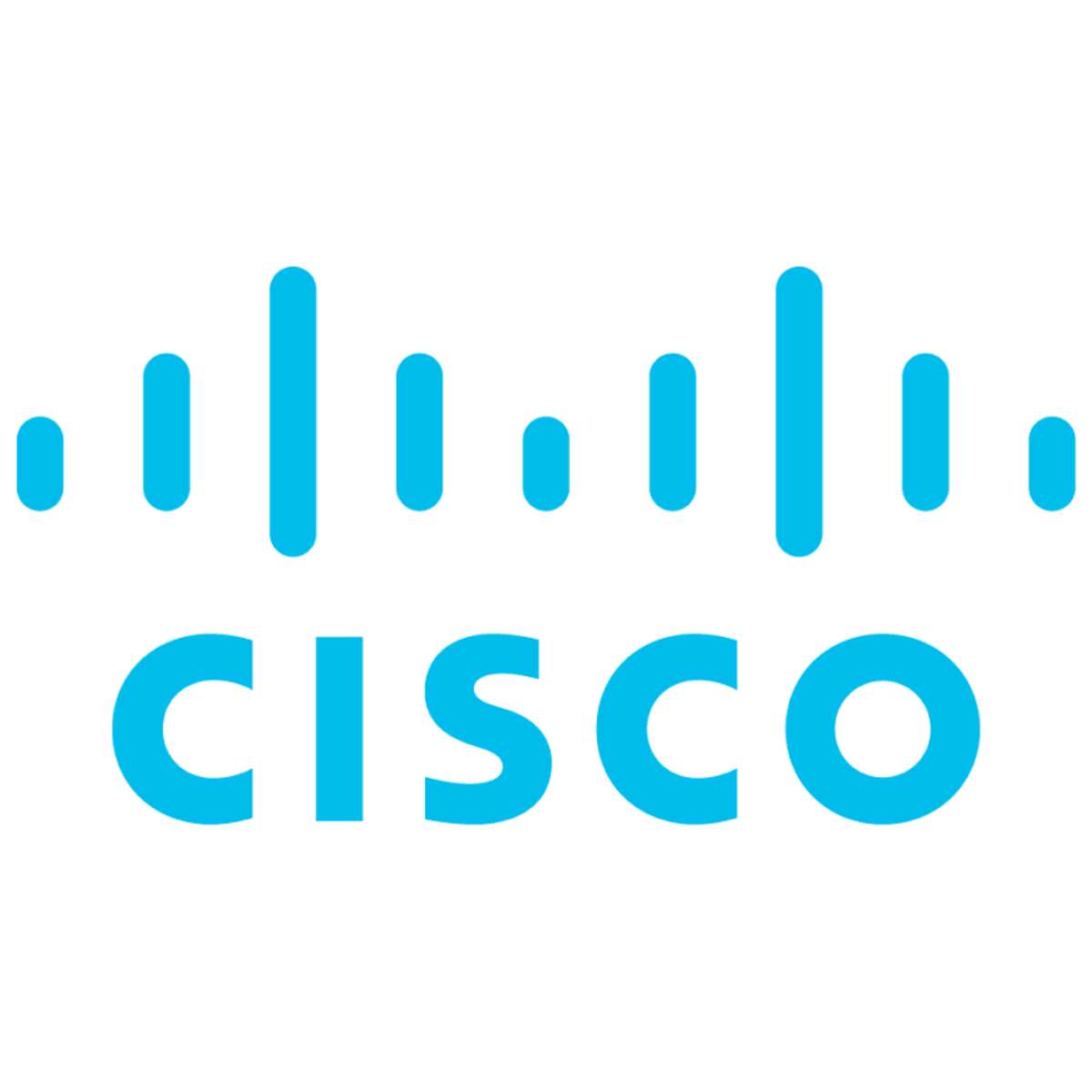Network Administrator
Network Administrator: Guardians of the Digital Realm
A Network Administrator is a vital IT professional responsible for the day-to-day operation, maintenance, and security of an organization's computer networks. Think of them as the digital infrastructure managers, ensuring that all the systems that allow computers and users to connect and communicate—like routers, switches, firewalls, and servers—are running smoothly, efficiently, and securely. They handle everything from setting up new user accounts to troubleshooting complex connectivity problems, making sure the digital pathways remain open and protected.
Working as a Network Administrator can be deeply engaging for those fascinated by how information travels and how systems interconnect. It offers the constant challenge of solving technical puzzles, the satisfaction of keeping critical systems running, and the opportunity to work with cutting-edge technologies. The role is dynamic, requiring continuous learning as networks evolve with trends like cloud computing and enhanced security measures, ensuring that no two days are exactly alike.
Introduction to Network Administration
What is Network Administration?
Network Administration centers on the practical management and upkeep of computer networks within an organization. These networks range from Local Area Networks (LANs), connecting devices within a single office or building, to Wide Area Networks (WANs), linking multiple locations. The core purpose is to ensure reliable, secure, and efficient data communication, supporting all business operations that depend on network connectivity.
Network Administrators install, configure, and manage the essential hardware components like routers and switches, as well as the software that governs network operations. They are the first line of defense in maintaining network health, performance, and security, ensuring data flows correctly and is protected from unauthorized access. This role is crucial for any organization relying on digital communication and data sharing.
It's helpful to understand how this role differs from related IT positions. While a Network Engineer often focuses on designing and building networks, the Network Administrator primarily manages and maintains existing ones [6, 9]. Similarly, a Systems Administrator typically manages servers, operating systems, and applications, whereas the Network Administrator specializes in the network infrastructure connecting these systems [1, 12]. However, in smaller organizations, these roles might overlap significantly.
Evolution and Importance
The role of the Network Administrator has evolved alongside information technology itself. Early networks were simpler, but the advent of the internet, distributed computing, cloud services, and the explosion of connected devices (IoT) has made network management far more complex and critical. Initially focused on basic connectivity and hardware maintenance, the role now encompasses sophisticated security management, performance optimization, and strategic planning.
Modern businesses rely heavily on their networks for almost every aspect of operation, from internal communication and data storage to customer interactions and online services. Network Administrators are essential for maintaining this operational backbone. Their work ensures business continuity, protects sensitive data, and enables efficient collaboration, making them indispensable to organizational success [27].
Key industries employing Network Administrators include information technology services, finance, healthcare, education, and government [10, 14]. Essentially, any organization with a significant computer network needs administrators to keep it running. The specific demands might vary—a hospital network requires stringent adherence to privacy regulations like HIPAA, while a financial institution demands robust security against cyber threats.
These courses provide foundational knowledge about networking concepts and the components administrators work with daily.
Key Responsibilities of a Network Administrator
Daily Operations: Monitoring, Troubleshooting, and Maintenance
A significant part of a Network Administrator's day involves proactive monitoring of network performance, availability, and resource utilization [3, 16]. Using specialized tools like Nagios or SolarWinds, they watch for signs of trouble, such as unusual traffic patterns, high latency, or device failures. This constant vigilance helps prevent issues before they impact users.
Troubleshooting is another core daily task [3, 4]. When network problems arise—whether it's slow connectivity, an inability to access resources, or a complete outage—the administrator must diagnose the root cause and implement a solution quickly. This requires strong analytical skills and deep knowledge of network protocols and hardware. Tools like Wireshark for packet analysis can be invaluable here [4].
Routine maintenance is also crucial [16, 26]. This includes applying software updates and patches to network devices, upgrading hardware components, managing backups of configurations and network data, and ensuring documentation is current. These tasks keep the network secure, reliable, and performing optimally.
Security Management
Network security is a paramount responsibility for administrators [16, 29]. They are tasked with implementing and managing security measures to protect the network from unauthorized access, malware, and other cyber threats. This often involves configuring and maintaining firewalls, intrusion detection/prevention systems (IDS/IPS), and VPNs (Virtual Private Networks) [4, 29].
Administrators must stay informed about emerging security threats and vulnerabilities and apply necessary patches and updates promptly. They conduct regular security audits to identify weaknesses and ensure compliance with security policies and regulations like GDPR or HIPAA, depending on the industry [10]. Implementing security best practices is an ongoing effort.
Managing user access controls is another key security function [3, 16]. Administrators assign permissions based on roles and responsibilities, ensuring users only have access to the network resources necessary for their jobs (principle of least privilege). They also manage authentication systems, sometimes involving multi-factor authentication (MFA), to verify user identities securely.
These courses offer insights into network security principles and practices relevant to administrators.
User Support and Disaster Recovery
Network Administrators often provide technical support to users experiencing network-related issues [1, 5]. This can range from resolving connectivity problems to helping users access network resources or understanding network policies. Clear communication and patience are essential for effective user support.
Planning for the unexpected is a critical strategic function. Administrators develop and implement disaster recovery plans to ensure business continuity in case of major network failures, cyberattacks, or natural disasters [19]. This involves setting up redundant systems, configuring regular data backups, and testing recovery procedures.
When a disaster occurs, the Network Administrator plays a key role in executing the recovery plan, restoring network services, and minimizing downtime. This responsibility underscores the importance of their role in maintaining organizational resilience.
These resources cover system administration tasks often intertwined with network administration, including recovery planning.
Formal Education Pathways
Relevant Degrees and Academic Programs
Many Network Administrators enter the field with a bachelor's degree in a related discipline. Common choices include Computer Science, Information Technology (IT), Information Systems, or Network Administration [3, 19]. These programs typically provide a strong theoretical foundation in computing principles, networking concepts, operating systems, and security.
A bachelor's degree often covers essential topics like network protocols, network architecture, database management, and cybersecurity fundamentals [19]. Coursework frequently includes hands-on lab components, allowing students to gain practical experience configuring network devices and troubleshooting common issues. While not always mandatory, especially for entry-level roles, a degree can be advantageous for career advancement [12].
For those seeking deeper specialization or leadership roles, graduate programs focusing on network architecture, cybersecurity, or IT management are available. A master's degree can provide advanced knowledge and strategic perspectives, potentially leading to higher-level positions like Network Architect or IT Manager [19].
Industry Certifications
Industry certifications are highly valued in network administration and often preferred or required by employers [17]. They validate specific technical skills and knowledge. Foundational certifications like CompTIA Network+ demonstrate a broad understanding of networking concepts, operations, and security [3].
Vendor-specific certifications are also crucial, particularly for roles involving specific manufacturers' equipment. The Cisco Certified Network Associate (CCNA) is one of the most recognized certifications, focusing on configuring and managing Cisco routers and switches [10]. Microsoft certifications (like those related to Windows Server or Azure) or Juniper certifications (JNCIA-Junos) are relevant for environments using their technologies.
For those advancing into security-focused roles, certifications like CompTIA Security+ or the more advanced Certified Information Systems Security Professional (CISSP) demonstrate expertise in cybersecurity principles and practices [10, 27]. Continuous learning and updating certifications are important due to the rapidly evolving nature of network technology and security threats.
Internships and Practical Experience
Practical experience is invaluable for aspiring Network Administrators. Internships provide opportunities to apply classroom knowledge in real-world settings, work with professional tools and equipment, and learn from experienced administrators. Many degree programs incorporate internships or co-op programs to facilitate this.
Hands-on lab work, whether in academic settings or through self-study (discussed later), is crucial for developing troubleshooting skills and familiarity with configuring network devices. Experience gained through internships or entry-level IT roles, such as Help Desk Technician, often serves as a stepping stone into a dedicated network administration position [12].
Building a portfolio showcasing projects, lab setups, or contributions to open-source networking projects can also strengthen a candidate's profile. Employers look for candidates who can not only understand concepts but also apply them effectively to solve real problems.
Online and Self-Directed Learning
Entering the Field Without a Formal Degree
While a formal degree is common, it's certainly possible to become a Network Administrator through self-directed learning and certifications [12]. Many successful administrators have built their careers starting from entry-level IT support roles and progressively acquiring skills and certifications along the way. This path requires significant discipline, motivation, and a proactive approach to learning.
If you're considering this route, recognize that it can be challenging but also rewarding. Focusing on gaining practical skills and industry-recognized certifications is key. Employers increasingly value demonstrated abilities and relevant certifications, sometimes even over a traditional degree, especially if backed by solid work experience.
Transitioning into network administration from another field is also feasible with the right strategy. Leveraging online resources, building a strong foundational knowledge, and seeking opportunities for hands-on practice can pave the way. Remember that persistence and a genuine passion for technology are crucial assets for self-taught learners and career pivoters.
Learning Core Skills Online
Online learning platforms offer a wealth of resources for acquiring the core technical skills needed for network administration. You can find courses covering everything from networking fundamentals and TCP/IP protocols to specific vendor technologies like Cisco IOS or Windows Server administration [13]. Platforms like OpenCourser aggregate courses from various providers, making it easier to find relevant training.
Online courses provide flexibility, allowing learners to study at their own pace and often at a lower cost than traditional academic programs. Many courses are designed specifically to prepare students for industry certification exams like CompTIA Network+ or CCNA, integrating theoretical knowledge with practical exercises [10]. OpenCourser allows learners to easily browse through thousands of courses, save interesting options to a list using the "Save to List" feature available at https://opencourser.com/list/manage, compare syllabi, and read summarized reviews to find the perfect online course.
These courses are excellent starting points for building foundational networking knowledge online.
Beyond structured courses, online communities, forums, technical blogs, and documentation are valuable resources for self-learners. Engaging with these resources helps deepen understanding, troubleshoot problems, and stay updated on the latest industry developments. The OpenCourser Learner's Guide offers tips on creating a structured curriculum and staying disciplined during self-study.
These books offer comprehensive coverage of networking principles, suitable for self-study or supplementing online courses.
Building a Portfolio: Home Labs and Virtual Networks
Hands-on experience is critical, and building a home lab is an excellent way for self-directed learners to gain practical skills [oj4flu]. This can involve acquiring used networking equipment (routers, switches) or utilizing virtualization software like VMware or VirtualBox to create virtual machines and network environments.
Network simulation software, such as Cisco Packet Tracer or GNS3, provides another accessible way to practice configuration and troubleshooting without needing physical hardware [tqqkl3, papuqj]. These tools allow you to design complex network topologies, configure devices, and observe network behavior in a controlled environment.
Documenting your home lab projects, experiments, and configurations creates a valuable portfolio to showcase to potential employers. This demonstrates initiative, practical skills, and a genuine passion for networking, setting you apart from candidates with only theoretical knowledge.
Career Progression and Advancement
Entry-Level and Early Career Roles
Many Network Administrators start their careers in broader IT support roles, such as Help Desk Technician or IT Support Specialist [12, 19]. These positions provide foundational experience in troubleshooting user issues, working with hardware and software, and understanding basic network concepts in a practical context.
From these roles, individuals can transition into junior network-focused positions like Junior Network Administrator or Network Technician. In these early roles, responsibilities might include assisting senior administrators with network monitoring, performing basic configurations, managing user accounts, and handling first-level network troubleshooting [23].
Gaining experience and relevant certifications (like CompTIA Network+ or CCNA) during this phase is crucial for advancing to a full Network Administrator role. Building a strong understanding of the specific network environment and demonstrating reliability and problem-solving skills are key.
Mid-Career Paths and Specialization
With experience, Network Administrators can deepen their expertise and potentially specialize in specific areas. Common specializations include network security, cloud networking, wireless networking, or voice over IP (VoIP) [10, 27]. Specialization often involves acquiring advanced certifications and focusing on technologies relevant to that domain.
Alternatively, experienced administrators might move into Network Engineer roles, which typically involve more design, planning, and implementation responsibilities [6, 20]. This often requires a deeper understanding of network architecture and protocols. The transition may involve further education or advanced certifications like the Cisco Certified Network Professional (CCNP).
Mid-career professionals focus on managing more complex network environments, leading projects, mentoring junior staff, and contributing to strategic IT decisions. Continuous learning remains vital to keep pace with technological advancements.
These books cover advanced routing topics often encountered by mid-career professionals.
Leadership Opportunities and Salary Trends
Experienced Network Administrators with strong technical and leadership skills can advance into management roles. Positions like IT Manager, Network Manager, or even Chief Information Security Officer (CISO) or Chief Information Officer (CIO) are potential pathways [10, 19, 23]. These roles involve overseeing IT departments, managing budgets, developing IT strategy, and leading teams.
Salaries for Network Administrators vary based on experience, location, certifications, industry, and company size. According to the U.S. Bureau of Labor Statistics (BLS), the median annual wage for network and computer systems administrators was $95,360 in May 2023 [1]. Other sources like ZipRecruiter report an average annual pay of around $81,749 as of March 2025, with ranges typically between $65,500 and $93,500 [11].
While the BLS projects a slight decline in the specific role of Network Administrator between 2023 and 2033, attributing some tasks to other roles or automation, the overall outlook for computer occupations remains strong, with expected growth of 12% [2]. Skills in high-demand areas like cloud networking and cybersecurity can significantly enhance job prospects and earning potential [10, 37]. Higher salaries are often found in major metropolitan areas and specific industries like finance or technology [11, 14].
Essential Technical Skills and Tools
Network Protocols and Concepts
A deep understanding of network protocols is fundamental. Network Administrators must be proficient with the TCP/IP suite, the foundation of modern networking [10]. This includes understanding IP addressing (both IPv4 and IPv6), subnetting, and the roles of key protocols like TCP and UDP.
Knowledge of essential network services is also critical. Administrators manage and troubleshoot DNS (Domain Name System) for name resolution and DHCP (Dynamic Host Configuration Protocol) for automatic IP address assignment [10, 13]. Understanding routing protocols like OSPF and BGP is necessary for managing data flow across networks.
Familiarity with Ethernet standards, VLANs (Virtual Local Area Networks) for network segmentation, and WAN technologies (like MPLS) is also expected [eit3wn, ovf45j]. A solid grasp of the OSI or TCP/IP models helps in understanding how different protocols interact.
This book offers a detailed exploration of the TCP/IP protocol suite.
Hardware Configuration
Network Administrators need hands-on experience configuring and managing various network hardware devices [10, 38]. Routers, which direct traffic between different networks, and switches, which connect devices within a network, are central components. Proficiency in configuring these devices, often using command-line interfaces (CLIs), is essential.
Firewalls are critical for network security, and administrators must know how to configure firewall rules and policies to control traffic flow and block malicious activity [37]. Experience with load balancers, which distribute network traffic across multiple servers, and wireless access points for Wi-Fi networks is also increasingly important.
Troubleshooting hardware issues, replacing faulty components, and managing the physical infrastructure (cabling, rack mounting) are also part of the job [38]. Understanding hardware specifications and limitations is necessary for making informed decisions about upgrades and procurement.
These courses provide practical experience with configuring Cisco hardware, a common requirement.
This book is a practical guide often recommended for hands-on network configuration and troubleshooting.
Software Tools and Operating Systems
Network Administrators rely on a variety of software tools. Network monitoring software (e.g., Nagios, SolarWinds, Zabbix) is used for tracking performance and detecting issues [16]. Packet analysis tools like Wireshark are essential for in-depth troubleshooting [4].
Experience with virtualization platforms like VMware vSphere or Microsoft Hyper-V is crucial, as many network services and servers run in virtualized environments [13]. Administrators also manage network-related aspects of operating systems, primarily Windows Server and Linux distributions [13].
Familiarity with directory services like Microsoft Active Directory for managing users and resources is standard [13]. Knowledge of network security tools, backup software, and configuration management tools further enhances an administrator's toolkit.
Scripting Basics
Basic scripting skills are increasingly valuable for automating repetitive tasks and improving efficiency [1]. Languages like Python, PowerShell (for Windows environments), or Bash (for Linux) are commonly used.
Scripting can automate tasks such as network configuration changes, log analysis, user account management, and generating reports. While deep programming expertise isn't always required, the ability to write and understand simple scripts significantly boosts productivity and is a key skill for modern network administration.
As network automation becomes more prevalent, familiarity with automation tools like Ansible or configuration management frameworks is also beneficial [w6yiou, xzg806]. These tools allow administrators to manage network devices and configurations at scale.
Emerging Trends and Technologies
Cloud Migration and Hybrid Networks
The shift towards cloud computing is a major trend impacting network administration [33]. Organizations are increasingly moving applications and infrastructure to cloud platforms like AWS, Azure, and Google Cloud. Network Administrators must understand cloud networking concepts, such as Virtual Private Clouds (VPCs), security groups, and cloud interconnectivity options [37].
Hybrid networks, which combine on-premises infrastructure with cloud services, are common. Administrators need skills to manage connectivity and ensure seamless integration between these environments, often using VPNs or dedicated connections like AWS Direct Connect or Azure ExpressRoute [zkl3na].
Managing network security and performance in distributed cloud and hybrid environments presents new challenges. Understanding cloud-native security tools and monitoring solutions is becoming increasingly important for administrators.
Software-Defined Networking (SDN)
Software-Defined Networking (SDN) is transforming network management by separating the network's control plane (decision-making) from the data plane (forwarding) [21, 33]. This allows for centralized management, automation, and greater flexibility through software applications.
SDN adoption is growing, driven by the need for more agile, automated, and cost-effective networks, especially in data centers and cloud environments [36, 42]. Research suggests significant growth, with the global SDN market projected to expand considerably in the coming years [42, 43]. While estimates vary, one report suggested a market size of USD 28.2 billion in 2023, expected to grow at over 17% CAGR through 2032 [42].
Network Administrators need to understand SDN concepts, architectures (like OpenFlow), and how SDN controllers manage network devices. Skills in programming and using APIs become more relevant in SDN environments, enabling automation and custom network services [70b7bk].
Zero-Trust Security Models
Traditional network security often relied on a perimeter defense model ("trust but verify"). The Zero-Trust model represents a paradigm shift, operating on the principle of "never trust, always verify" [7, 32]. It assumes that threats can exist both inside and outside the network, requiring strict verification for every user and device attempting to access resources, regardless of location.
Implementing Zero Trust involves enforcing strong identity verification (like MFA), implementing micro-segmentation to limit lateral movement, enforcing least-privilege access, and continuously monitoring network activity [7, 22, 32]. Adoption rates are increasing as organizations recognize its effectiveness against modern cyber threats, with one survey indicating 81% of organizations have fully or partially implemented a Zero Trust model [18].
Network Administrators play a crucial role in implementing and managing the technologies underpinning Zero Trust, such as identity and access management (IAM) systems, network segmentation tools, and advanced monitoring solutions. Understanding Zero Trust principles is becoming essential for security-conscious administrators.
Automation and AI in Network Management
Automation is increasingly being used to handle routine network administration tasks, such as configuration management, patching, and monitoring [21, 33]. Tools like Ansible, Puppet, and Chef, along with scripting languages like Python, enable administrators to manage networks more efficiently and consistently, especially at scale.
Artificial Intelligence (AI) and Machine Learning (ML) are also emerging in network management, often referred to as AIOps (AI for IT Operations) [15, 21]. These technologies can analyze vast amounts of network data to predict potential issues, detect anomalies indicative of security threats, optimize network performance automatically, and automate troubleshooting steps [34].
While AI won't necessarily replace Network Administrators entirely, it will change the nature of the role. Administrators will need to develop skills in working with AI-driven tools, interpreting their outputs, and focusing on more strategic tasks that require human judgment and problem-solving [21]. Intent-Based Networking (IBN), which uses AI to translate business intent into network configurations, is one example of this trend [34].
Ethical and Security Considerations
Data Privacy and Compliance
Network Administrators often handle or have access to sensitive data traversing the network. They must be acutely aware of and comply with data privacy regulations relevant to their organization and industry. Regulations like the General Data Protection Regulation (GDPR) in Europe or the Health Insurance Portability and Accountability Act (HIPAA) in the US impose strict requirements on how personal and health data is handled, stored, and protected.
Ensuring network configurations and security measures align with these regulations is a critical responsibility. This includes implementing appropriate encryption, access controls, and data retention policies. Failure to comply can result in significant legal penalties and reputational damage for the organization.
Administrators must also stay informed about changes in privacy laws and ensure the network infrastructure adapts accordingly. This requires ongoing education and a commitment to ethical data handling practices.
Balancing Accessibility and Security
A fundamental challenge for Network Administrators is balancing the need for users to easily access network resources with the imperative to maintain robust security [xmzoay]. Overly restrictive security measures can hinder productivity and frustrate users, while lax security exposes the organization to significant risks.
Finding the right balance requires careful planning, risk assessment, and implementation of appropriate security controls. This might involve using role-based access control, network segmentation, and security policies that are effective but not unduly burdensome. Clear communication with users about security policies and procedures is also important.
This balancing act requires technical expertise, good judgment, and an understanding of the organization's business needs and risk tolerance. It's an ongoing process of evaluation and adjustment as threats and business requirements evolve.
Ethical Implications of Network Monitoring
Network monitoring is essential for performance management and security, but it can raise ethical concerns regarding user privacy [15]. Administrators often have the technical capability to monitor user activities, communications, and data accessed over the network.
Organizations typically have policies governing network monitoring, outlining what activities are monitored, for what purpose, and how the collected data is used and protected. Administrators must strictly adhere to these policies and relevant laws, ensuring monitoring is conducted ethically and transparently.
Respecting user privacy while fulfilling security and operational responsibilities is crucial. This involves using monitoring tools responsibly, focusing on legitimate business purposes, safeguarding collected data, and being transparent with users about monitoring practices whenever possible and appropriate.
Responding to Cyberattacks
Network Administrators are often on the front lines when cyberattacks, such as ransomware or Distributed Denial-of-Service (DDoS) attacks, occur [77bfub]. Their responsibilities include detecting intrusions, containing the damage, eradicating the threat, and restoring affected systems and data.
This requires a combination of technical skills (e.g., analyzing logs, isolating compromised systems, restoring from backups) and adherence to the organization's incident response plan. Working under pressure, communicating effectively with security teams and management, and documenting actions taken are critical during an incident.
Post-incident analysis, identifying lessons learned, and strengthening defenses to prevent recurrence are also part of the process. Dealing with cyberattacks highlights the critical security role Network Administrators play in protecting organizational assets.
This book provides a foundational understanding of network security principles.
Job Market and Industry Demand
Projected Growth and Job Outlook
The job outlook for Network Administrators presents a mixed picture. The U.S. Bureau of Labor Statistics (BLS) projects a slight decline of 3% in employment for network and computer systems administrators from 2023 to 2033 [2]. This translates to an estimated loss of about 8,800 jobs over the decade.
The BLS suggests this potential decline may be due to the increasing consolidation of network tasks into other roles (like software developers or cloud engineers) and the growing use of cloud services and automation, which can streamline some traditional administrative functions [2]. Some tasks might also be outsourced to specialized network-as-a-service providers.
However, it's important to view this within the broader context of IT. The BLS projects strong growth (12% from 2023-2033) for computer and information technology occupations overall [2]. The fundamental need for reliable and secure networks persists and continues to grow with digitalization, cloud adoption, and remote work trends [10, 30]. This suggests that while the specific title or tasks might evolve, skilled networking professionals will remain in demand, especially those with expertise in cloud, security, and automation.
Geographic Hotspots and Industry Demand
Demand for Network Administrators can vary geographically. Major technology hubs and metropolitan areas often have higher concentrations of IT jobs, potentially offering more opportunities [11]. However, the increasing prevalence of remote work may broaden opportunities beyond traditional hotspots.
Network administration skills are needed across nearly all industries, including healthcare, finance, education, government, and technology services [10, 19]. The specific demands and required specializations (e.g., HIPAA compliance in healthcare, robust security in finance) differ by sector. Companies undergoing digital transformation or expanding their online presence often have a strong need for skilled administrators.
Top employers often include large technology companies (like IBM, Cisco), IT service providers (like TCS, Infosys), telecommunications companies, financial institutions, healthcare organizations, and government agencies [14]. Researching job postings on platforms like LinkedIn or specialized IT job boards can provide insights into current demand in specific locations and industries. Exploring career development resources can help identify promising sectors.
Impact of Remote Work
The rise of remote and hybrid work models has increased the complexity and importance of network administration. Administrators must ensure secure and reliable remote access for employees, often managing VPNs, securing home network connections, and supporting distributed workforces [24].
This trend drives demand for skills in cloud networking, VPN technologies, and endpoint security. Organizations need robust network infrastructure capable of supporting a large number of remote connections simultaneously without compromising performance or security.
While some network administration tasks require physical presence (e.g., hardware installation), many monitoring, configuration, and troubleshooting tasks can be performed remotely. This has led to an increase in remote or hybrid job opportunities for Network Administrators, offering greater flexibility for professionals in the field.
Frequently Asked Questions
What certifications are most valuable for entry-level roles?
For entry-level network administration roles, the CompTIA Network+ certification is highly valuable as it demonstrates foundational networking knowledge across vendors [3]. The Cisco Certified Network Associate (CCNA) is also extremely well-regarded, especially in environments using Cisco equipment, though it's often considered slightly more advanced than Network+ [10]. Possessing one or both can significantly strengthen a resume.
Can I become a network administrator without coding skills?
Yes, it's possible to become a Network Administrator without strong coding skills, as the role traditionally focuses more on configuration, troubleshooting, and hardware/software management [1]. However, basic scripting skills (e.g., PowerShell, Python, Bash) are increasingly beneficial for automating tasks and improving efficiency [1]. While not always mandatory, having some scripting ability is becoming a valuable asset.
How does this role differ from cybersecurity specialists?
Network Administrators focus broadly on maintaining the overall health, performance, and availability of the network infrastructure, which includes implementing security measures [5, 29]. Cybersecurity Specialists (or Analysts/Engineers) focus specifically on protecting networks and systems from threats, involving tasks like vulnerability assessment, penetration testing, incident response, and security architecture design [5, 39, 40]. While there's overlap, cybersecurity roles typically require deeper, specialized security knowledge and skills.
Is remote work common in this field?
Remote work opportunities for Network Administrators have increased, particularly with the rise of cloud computing and advanced remote management tools [24]. Many monitoring, configuration, and troubleshooting tasks can be done remotely. However, some aspects of the job, like physical hardware installation, maintenance, or troubleshooting critical on-site infrastructure, may still require an on-premises presence, leading to many hybrid roles.
What are the most challenging aspects of the job?
Challenges often include troubleshooting complex, intermittent network issues under pressure, managing security threats in an evolving landscape, keeping up with rapid technological changes (like cloud and automation), and balancing user needs for accessibility with strict security requirements. Working outside regular hours for maintenance or emergency response can also be demanding [1].
How vulnerable is this career to AI automation?
AI and automation are impacting network administration by handling routine tasks like monitoring, basic configuration, and anomaly detection [21, 33]. While this may automate some traditional tasks, it's unlikely to eliminate the need for administrators entirely. Instead, the role is evolving, requiring administrators to manage automation tools, interpret AI insights, handle more complex strategic tasks, and focus on areas like security and architecture design that require human judgment [21, 34]. Continuous upskilling in areas like AI, automation, cloud, and security is key.
Conclusion
The path of a Network Administrator is one of constant learning and adaptation, positioned at the critical intersection of technology and organizational operations. These professionals are the essential guardians of the digital infrastructure that powers modern life, ensuring seamless connectivity, robust security, and optimal performance. While the landscape is evolving with cloud computing, automation, and new security paradigms, the fundamental need for skilled individuals who understand how networks function and how to keep them running remains strong.
For those drawn to technology, problem-solving, and the intricate workings of interconnected systems, network administration offers a challenging and rewarding career. Whether pursuing a formal degree or charting a course through self-study and certifications, the journey requires dedication and a passion for understanding the digital backbone of our world. By embracing continuous learning and adapting to emerging trends, aspiring and current administrators can build successful and impactful careers in this vital IT field. Explore the extensive IT & Networking courses available on OpenCourser to start or advance your journey.




